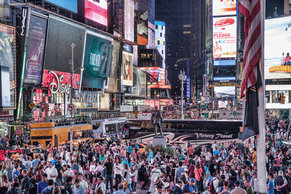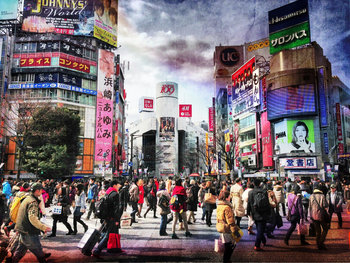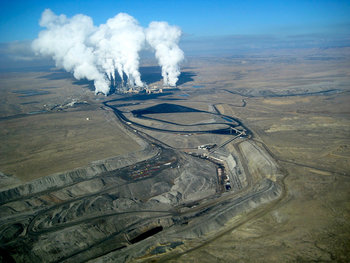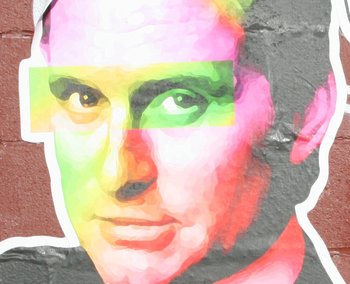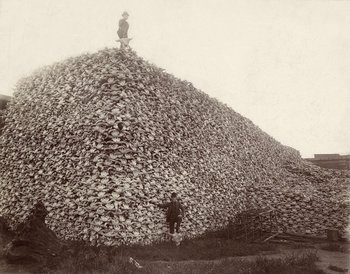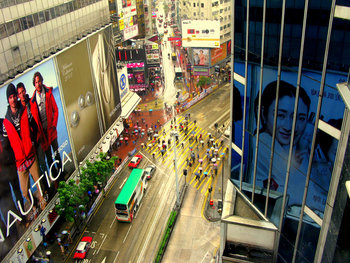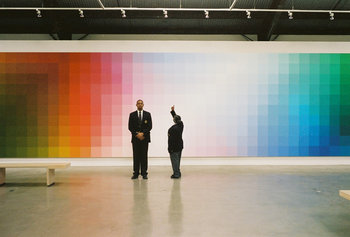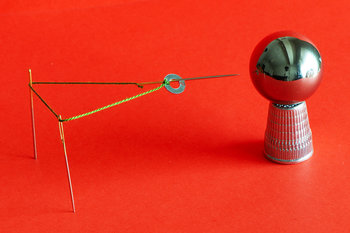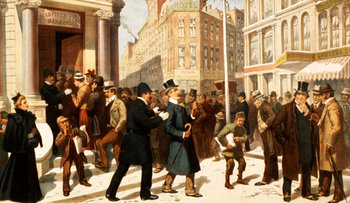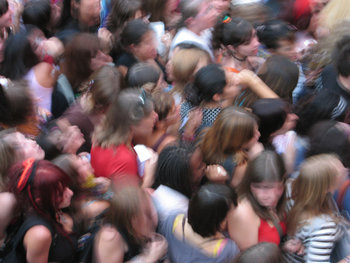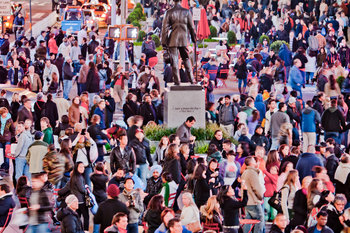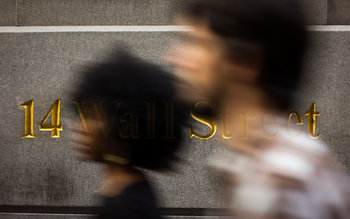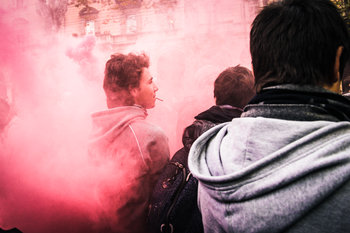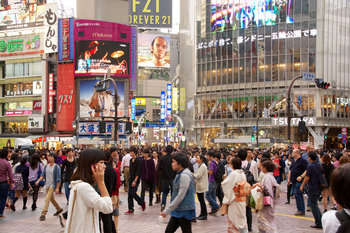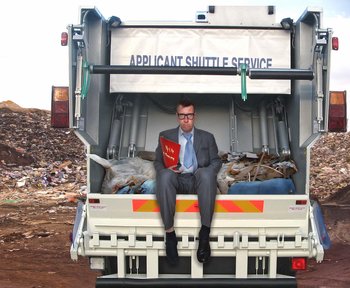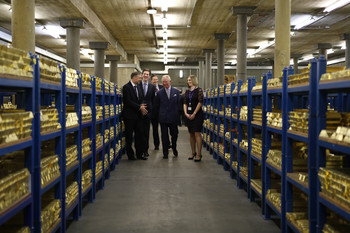
Real Wealth
Real wealth is the value of wealth adjusted for inflation or deflation. For example, a stock position that goes up in value from $1 million to $2 million or 100% where inflation over the same period is only 5%. This may inspire an individual to take an expensive vacation or to renovate their house.Nominal Wealth
Nominal wealth is the dollar value of wealth without considering inflation. People tend to neglect inflation and think in purely dollar terms. For example, if your stocks go up in value 10% and inflation is also 10% your wealth hasn't changed but you may feel more wealthy nonetheless.Paper Wealth
Paper wealth is an increase in the value of assets that haven't been sold. This term particularly applies to relatively difficult to sell assets such as real estate. For example, homeowners may feel more wealthy and spend more when real estate prices are going up even if they have no plan to sell their home. This may be somewhat irrational as increased housing prices don't necessarily increase your spending power in the long run. If you sell your home you still need a place to live such that any profit may go towards future housing costs.Perceived Wealth
The wealth effect can be driven by perceptions of wealth such as a farmer who owns 500 acres of land who feels the land must be worth more and more as a nearby town grows closer due to expanding suburbs.Wealth Expectations
Individuals predict the future when making economic decisions and may spend more if they feel their wealth will soon increase. For example, if your investments increase in value by 20% in a week you may feel that this will continue into the future such that you will soon double your wealth. This may increase your confidence to spend now.Virtuous Cycles
A strong economy creates a wealth effect that causes more consumer spending and a stronger economy. This is a positive feedback loop that can lead to economic bubbles as consumers eventually become irrationally optimistic and overextend themselves.Vicious Cycles
People spend less when they feel their wealth has gone into decline. This can make economic problems worse as declines in asset prices cause a decrease in spending that can lead to further declines in asset prices.| Overview: Wealth Effect | ||
Type | ||
Definition | The tendency for wealth perceptions to influence spending. | |
Related Concepts | ||

